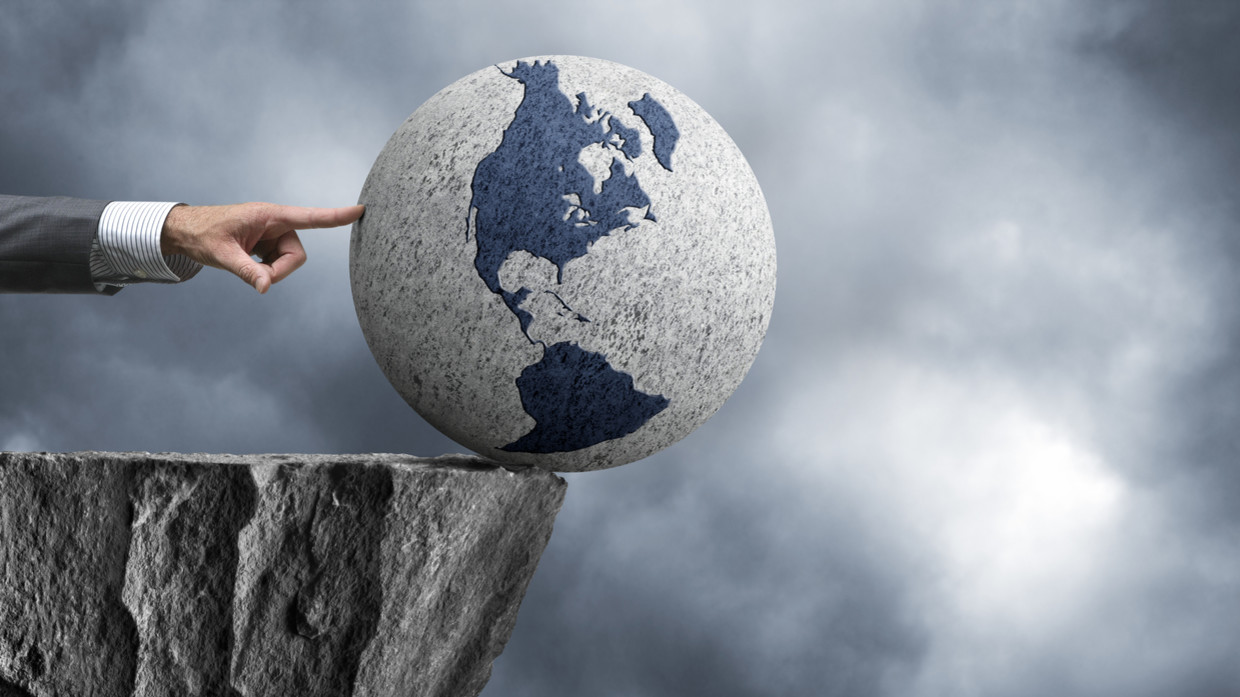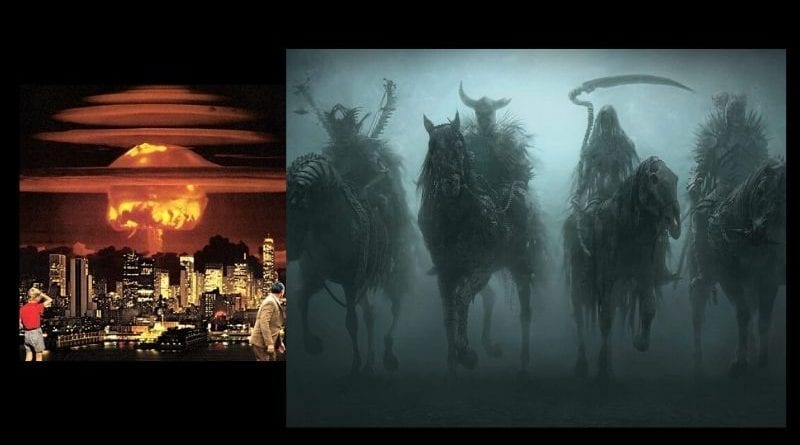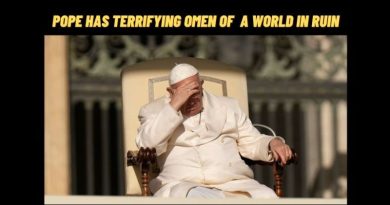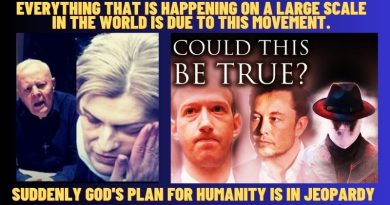Will the End of this Political Era Rush in the Apocalypse? – Split societies, global chaos and World War Three: “We may be entering one of the most fateful periods in the history of humankind.”
The Four Horsemen of the Apocalypse appear in the Book of Revelation, where they are named as a punishment of God, but some believe they are an analogy of real-life events to come in the future. Revelation 6 tells of a scroll in God’s right hand that is secured with seven seals, which, when opened, summons four beings that ride out on white, black, red and pale horses to bring about death, war, famine and plague. It states: “They were given power over a fourth of the earth to kill by sword, famine and plague, and by the wild beasts of the earth.”
Artyom Lukin
Artyom Lukin is an associate professor of international relations at Far Eastern Federal University
Split societies, global chaos and World War Three: We could be in for the most tumultuous era in modern history

As we cross into the second half of 2020, there is little hope left that our misfortunes will end when this annus horribilis goes out. We may be entering one of the most cataclysmic and fateful periods in the history of humankind.
There is the growing realization that humanity is in for an extremely rough ride that could last at least a decade.
This sense of uncertainty has been building up for years. It probably began with the global financial crisis of 2008-09. Yet, until 2020, there was hope that the world would somehow return to the right track and regain stability. Covid-19 ended this hope, devastating the global economy and exacerbating the pre-existing tensions between the incumbent hegemon (the United States) and a new super-power contender (China).
The state of angst has descended upon many. In most countries, including Russia, the plague continues to circulate, killing people with terrifying randomness. Even if we win the battle against the latest coronavirus, the mega-trends in global politics that point to more trouble and disorder are not going to dissipate and will likely only intensify. When trying to rationally break down my personal angst, as a political scientist, I perceive at least four such mega-trends.
Split societies
I remember a chat with a Russian colleague in Vladivostok a few years ago. She lamented that she felt as if she was living in a country which contains several parallel societies rather than a single one, with members of those ‘societies’ speaking completely different languages and espousing divergent values. Of course, there have always been divisions within nations. But, as a rule, one set of values and beliefs was dominant, with dissenting groups more or less marginalized. Today the societal consensus increasingly seems an exception rather than the rule. Across much of the world one can see quasi civil wars raging, with societies often split into halves. The main divide runs between the camp of social conservatism and nativism and the supporters of progressive-liberal values. The latest manifestation of this antagonism came in Poland, where the incumbent right-wing conservative won elections over his liberal opponent with a wafer-thin margin.
The revolt of the masses
On May 25, 2020, a black American George Floyd was killed in Minneapolis by a white police officer. His death triggered mass protests that quickly spread across the United States. On July 9, in the Russian Far Eastern city of Khabarovsk, the regional governor, Sergey Furgal, was arrested on charges of having organized the assassination of business rivals back in 2004 and 2005. Furgal was immediately flown to Moscow and placed in a jail there. His arrest sparked unprecedented massive rallies in Khabarovsk, a sleepy provincial place on the border with China, that have now continued for two weeks. The tens of thousands of people who’ve joined the rallies in support of Furgal believe the actual reason behind his arrest was his landslide win over the Kremlin-backed incumbent in gubernatorial elections in 2018, and his subsequent refusals to bow to diktats from Moscow.
Riots in Covid-19 era are the ‘language of the unheard’, looted bare by white eliteRiots in Covid-19 era are the ‘language of the unheard’, looted bare by white elite
Granted, the protests in Khabarovsk over the fate of a popular local leader are nowhere near the scale of the American race protests. And, unlike in the United States, the marches and rallies in the Russian Far East are, so far, entirely peaceful. They do have one common thread: people in America, Russia, and other countries who defy the covid risks and take to the streets are demanding dignity.






On Monday, the twelfth July of 1982, Mary said at Medugorje :
The third World War will not take place .